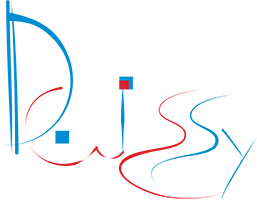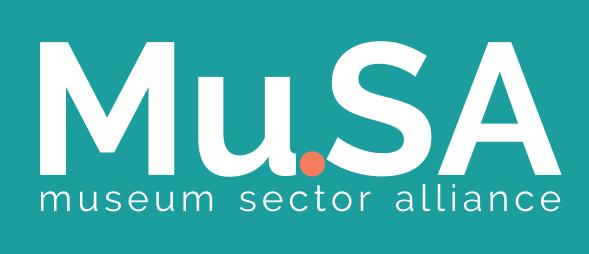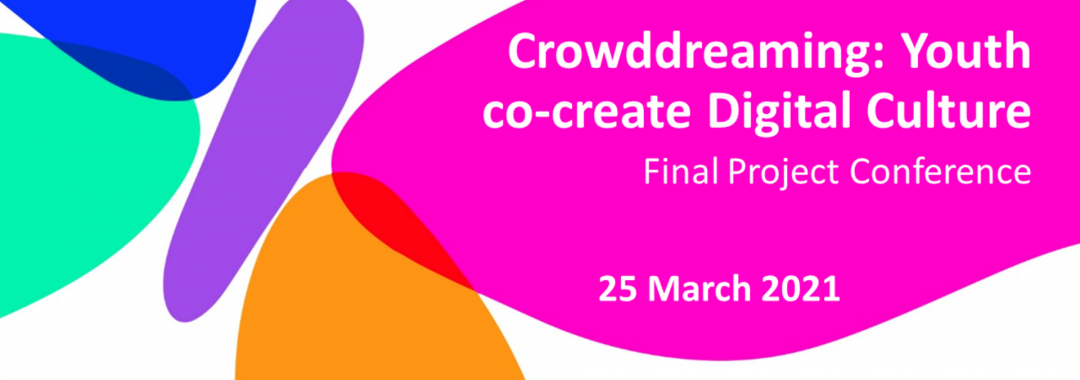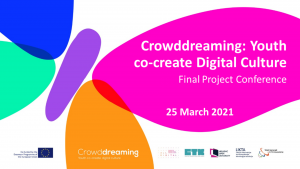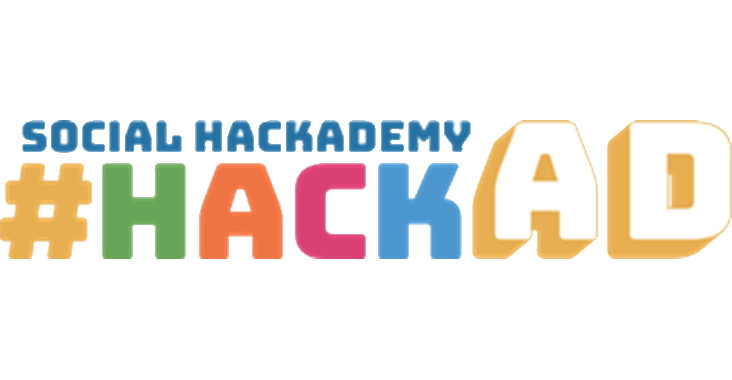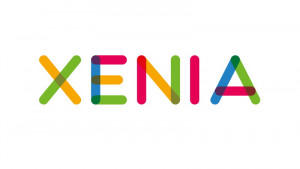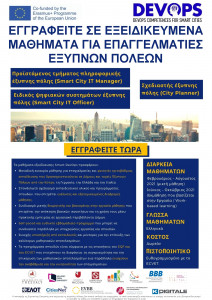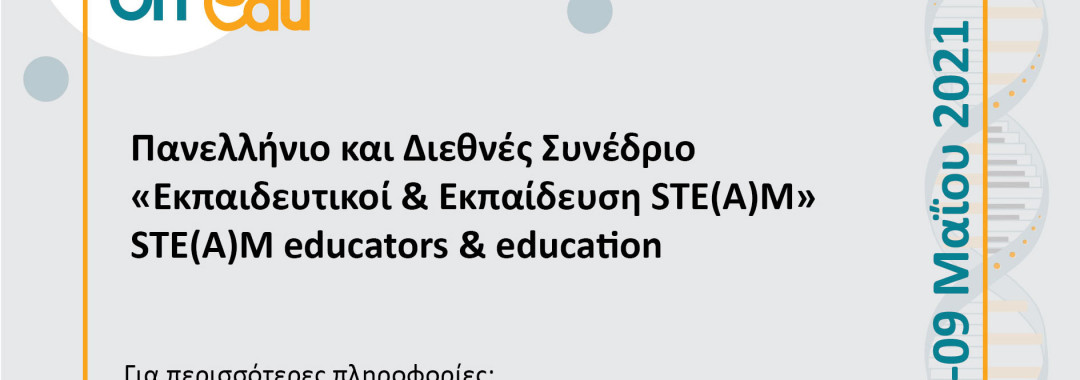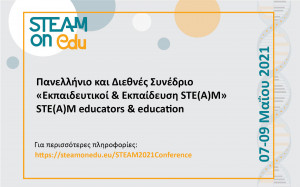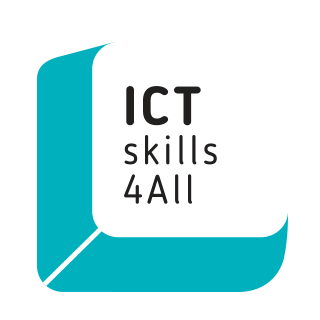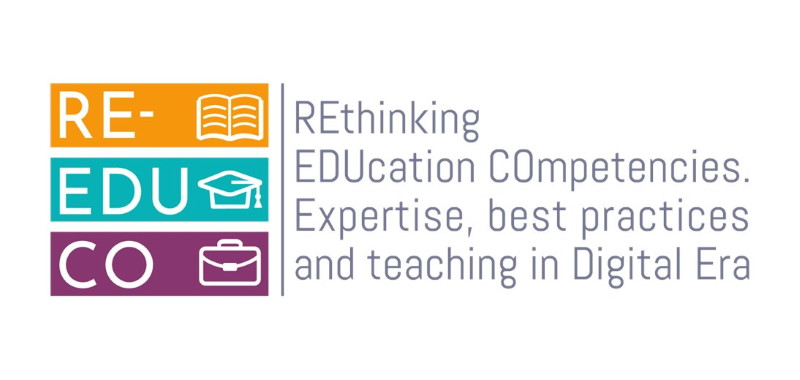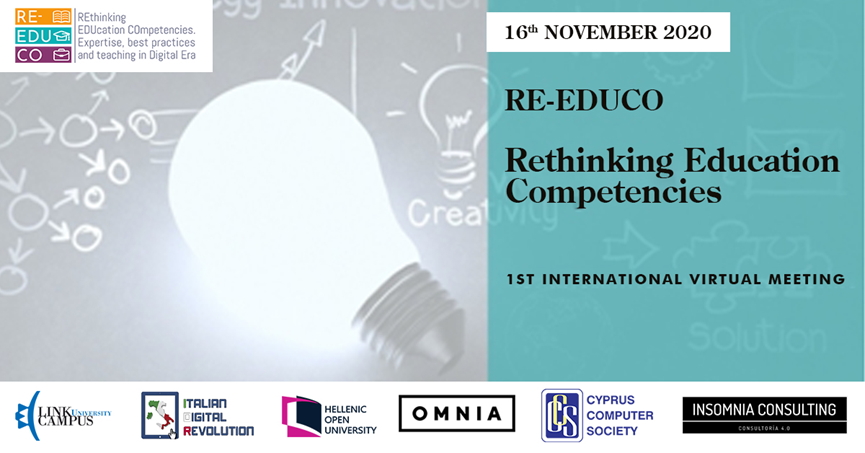Date: 10 February 10:00 – 12:45 CET
Location: Online
Organizers: ALL DIGITAL and ICTSkills4All Project Consortium
Target audience: educators and trainers working with elderly people, carers, managers of digital competence centres, policy makers
About the ICTSkills4ALL project
ICTskills4All is coordinated by the University of Porto and involves a total of 5 partners from 5 countries (Portugal, Poland, Latvia, UK, and Belgium). The aim of the project is to develop and pilot an intergenerational and peer-to-peer ICT Learning Programme to improve confidence, digital skills and online safety of older people with no or basic digital skills in four of the project countries.
About the Event

With an increasing aging population, older people are a significantly important segment of society who cannot be left behind. And within the older demographic, the very old are growing fastest. However, almost all digital technology consumer products and services are designed, produced and exclusively marketed by and for younger people. In parallel with this disconnect, older people are already most likely to be victims of cybercrime, with the greatest losses. Policymakers must consider this with the technology industry and build education frameworks to support older peoples’ adoption of technology.
The economic impact of digitally excluding older people is very hard to measure, but not only must older people be protected and empowered by technology, they must be a key part of the digital world of the future. If this is not addressed, in future older people will be less independent, less creative, contribute less economically (further fuelling the pension crisis), be more isolated and more disconnected.
The event will discuss the ICTSkills4All project, its approach and findings, as well as hear from older people themselves. It will include the perspectives of politicians and policy makers, the sector representing older people and industry to consider how lessons and policy recommendations for older people can be adopted. Prof. Achilles Kameas will open the event.
Programme
10:00 Welcome. Prof. Achilles Kameas, Chair of the Board, ALL DIGITAL
10:10 Panel debate. Boosting digital inclusion of older people during and after the pandemic: Which strategies for the future?
Moderator: Ian Clifford
This enriching panel discussion will bring together high-level speakers from the European Institutions and key stakeholders working in the field of digital inclusion to share their insights on how to better include older people in our digital society during and after Covid-19 pandemic. Panelists will be invited to consider the issues above, present good practices examples and reflect on the strategies addressing the great challenges related to digital literacy and the place given to digital inclusion of older people on the EU agenda.
- Political – Victor Negrescu MEP, Vice-Chair CULT Committee on Education & Training
- Policy – Irina Kalderon Libal, eHealth and Ageing Policy, DG CNECT
- Sectoral – Maciej Kucharczyk, Secretary General, AGE Platform (TBC)
- Industry – Alexa Joyce, Microsoft (TBC)
Questions will be taken from the audience.
11:15 Coffee break
11:30 Presentation of the ICTSkills4All project results, partners’ experiences, and future perspective
This session will present the main project results and recommendations with insights from ICTSkills4All project partners to discuss needs, challenges and opportunities for older people in the digital transformation.
- Project overview – structure, aims, objectives, targets, challenges (e.g., Covid pandemic) lessons. University of Porto, Portugal – Project Coordinator.
- Audience – older people, what they need, don’t need, how they are not “one group”. HIPOKAMP, Poland.
- Curriculum – content, how it was developed, process, findings, results, what was innovative. Cybermoor Services, United Kingdom.
- Policy recommendations – recommendations to policy areas at international, national, and local levels. Rigas Aktivo Senioru Alianse, Latvia.
12:30 Questions and Summing up.
12:45 Close
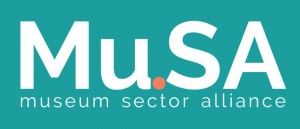 The book entitled “The Future of Museum Professionals in the Digital Era – The Success Story of Mu.SA“, Dr. Achilles Kameas and Panagiota Polymeropoulou (editors), is the outcome of the online conference organized in 2020 by the Mu.SA partnership in the framework of the SSA EU project Mu.SA.
The book entitled “The Future of Museum Professionals in the Digital Era – The Success Story of Mu.SA“, Dr. Achilles Kameas and Panagiota Polymeropoulou (editors), is the outcome of the online conference organized in 2020 by the Mu.SA partnership in the framework of the SSA EU project Mu.SA.